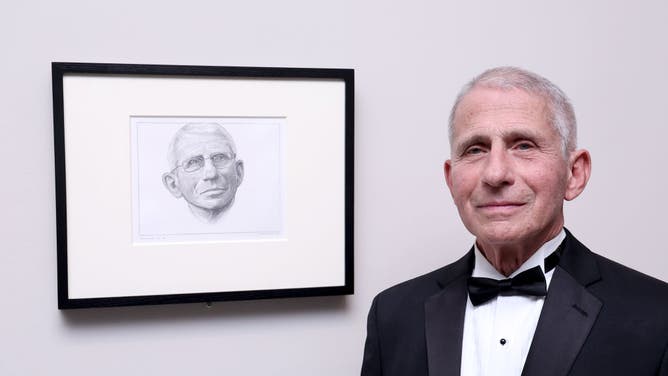Stanford Professor Who Challenged COVID Policies Says 'Academic Freedom is Dead'
Academic freedom is dead, and COVID killed it, according to Stanford professor Jay Bhattacharya.
Bhattacharya would know better than anyone, considering that he made the courageous decision to stand up for evidence based thinking.
One of the leading voices against lockdowns and other ineffective mandates, Bhattacharya's willingness to oppose government narratives immediately made him a target.
In an interview with Fox News, he described how the academic climate has completely abandoned freedom.
“The basic premise is that if you don’t have protection and academic freedom in the hard cases, when a faculty member has an idea that’s unpopular among some of the other faculty – powerful faculty, or even the administration … If they don’t protect it in that case, then you don’t have academic freedom at all."
Bhattacharya co-authored the Great Barrington Declaration, which called for the resumption of normal life for most, while protecting the elderly.
For advocating science-based policy, he was demonized and ostracized at Stanford.
Instead, the university essentially abandoned any pretense of open discussion, choosing to promote government approved narratives instead.
He continued,
“If Stanford really truly were committed to academic freedom, they would have… worked to make sure that there were debates and discussions, seminars, where these ideas were discussed among faculty."
This attitude has helped protect egomaniacal authoritarians like Anthony Fauci from criticism for his failures.

WASHINGTON, DC - NOVEMBER 12: Anthony Fauci attends the 2022 Portrait Of A Nation Gala on November 12, 2022 in Washington, DC. (Photo by Paul Morigi/Getty Images for National Portrait Gallery)
Freedom is Now Ignored
The absurdities of government policy never seem to matter in academia.
Even after he said the pandemic was over, President Joe Biden recently extended the public health "emergency" yet again.
READ: BIDEN EXTENDS PUBLIC HEALTH ‘EMERGENCY’ UNTIL APRIL AFTER DECLARING PANDEMIC OVER
This came with the full support of White House advisors like Fauci and Ashish Jha.
There are thousands more examples of ridiculous government statements and policy decisions. Yet Stanford and other elite institutions refused to defend freedom of speech.
Criticizing Fauci and other media approved experts would have opened it up for ridicule. Not because the critiques weren't legitimate, but because it diverted from mainstream consensus.
Educational institutions are supposed to be bastions of independent thought, where new or contrarian ideas are discussed and improved.
Instead, they've become tools to enhance and legitimize an approved groupthink.
Bhattachary's bravery and the ensuing response from Stanford exemplifies the challenges society faces. Free and open discussion is no longer acceptable, if it makes universities or the media uncomfortable.
But given their indefensible track record of failure during COVID, challenging their assertions shouldn't be optional, it should be necessary.